
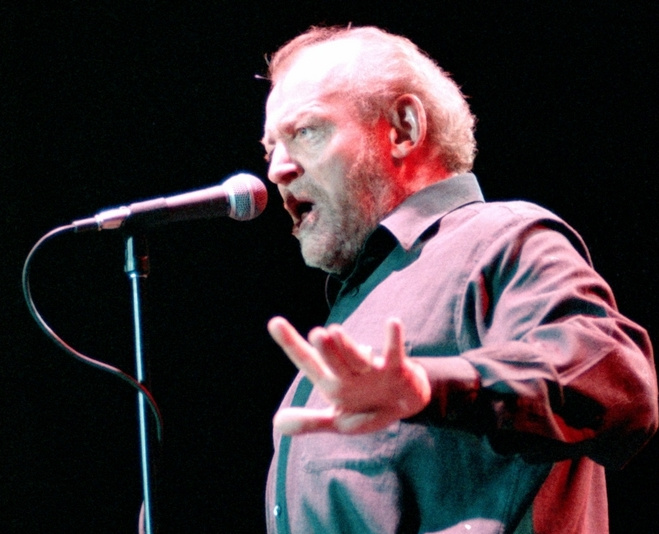
Joe Cocker’s Mad Dogs and Englishmen tour movie premiered at London’s Festival Palace 50 years ago today (January 22nd).
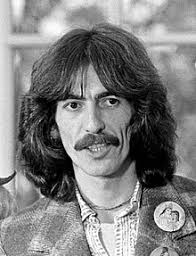
The late George Harrison married Pattie Boyd 55 years ago today (January 21st).
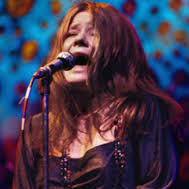
Janis Joplin would have turned 78 years old today (January 19th).
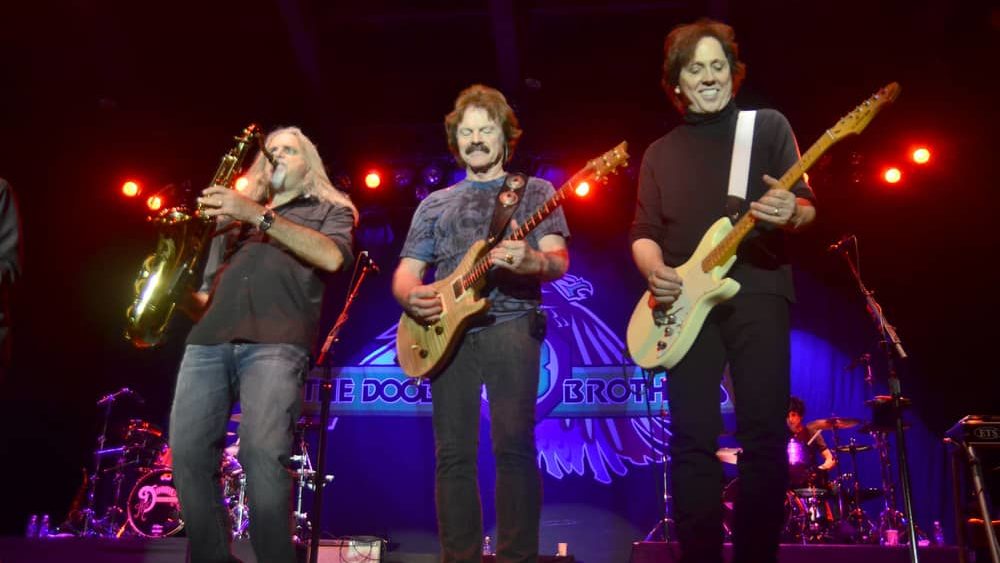
Alexander Yoffe, a lawyer for Bill Murray’s golf apparel company, William Murray Golf, has responded to a humorous request from Peter Paterno, a lawyer for The Doobie Brothers, to stop using, without permission, "Listen to the Music" in his commercials.
Yoffe of Yoffe & Cooper writes, "First, I would like to compliment you on finding levity in the law at a time when the world and this country certainly could use a laugh. Your client’s demand was able to cut through the noise of the news cycle and remind us how much we all miss live music these days...
“We would also like to confirm that both our firm, and the good folks at William Murray Golf, are indeed fans of The Doobie Brothers’ music, which is why we appreciate your firm’s choice of ‘Takin’ It to the Streets,’ rather than to the courts, which are already overburdened ‘Minute by Minute’ with real problems.”
Yoffe then pointed out that Murray using the song was not a bad things for the Doobies, before adding, "In the immortal words of Mr. Murray — the more relaxed you are, the better you are at everything… so let’s pour one up and unwind with a listen of the recently-released [Doobies] Quadio box set and plan to cross paths at a Doobie Brothers’ 50th anniversary show in 2021 when some level of normalcy resumes...
“As your client so aptly stated in this classic song in question, ‘What the people need is a way to make them smile’ — which both Bill and the Doobies have been doing for decades, as world-class entertainers.”
Yoffe also promised to send each of the Doobies William Murray Golf shirts to "hopefully win each of you over as new fans of the brand… At least that’s ‘what this fool believes.'”
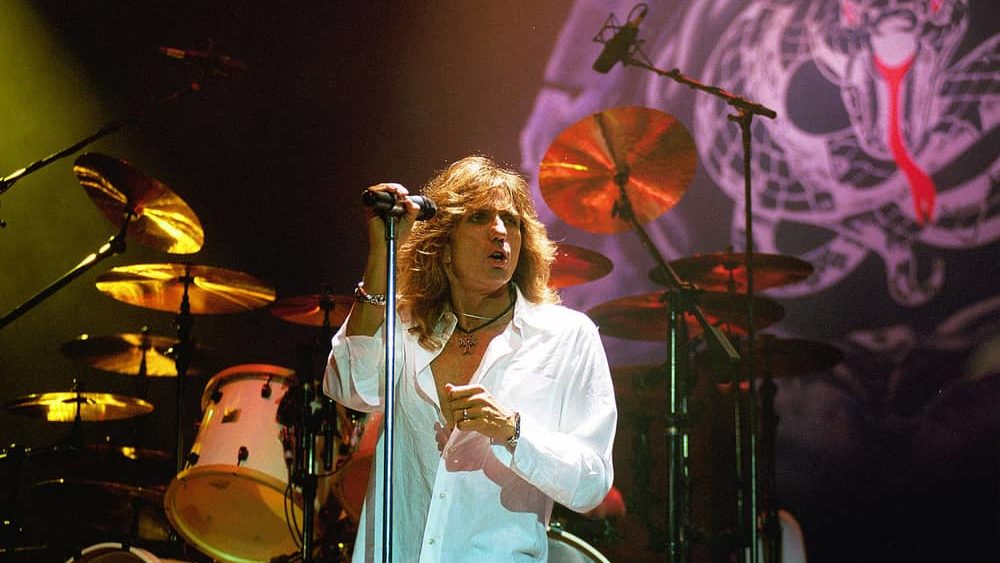
David Coverdale is 69 today. His broken marriage turned into a huge song for Whitesnake. the song was "Here I Go Again" written about a dozen years before it hit number-one in America. It was originally on Saints and Sinners and re-recorded for Whitesnake in 1982 and 1987 respectively. It was # 1 the Billboard Hot 100. Here is David Coverdale.
“‘Here I Go Again’ was a document that I wrote in Portugal, much earlier than you guys heard the song. It was, I think, 12 years old when I had a number-one in America with it. That was documenting the break-up of my first marriage, when two people who at one time were very much in love turned into cat and dog. What I would do in those days was rent a house in the South of France, or the Caribbean, or whatever and take like a writing holiday. That particular song was in Portugal."
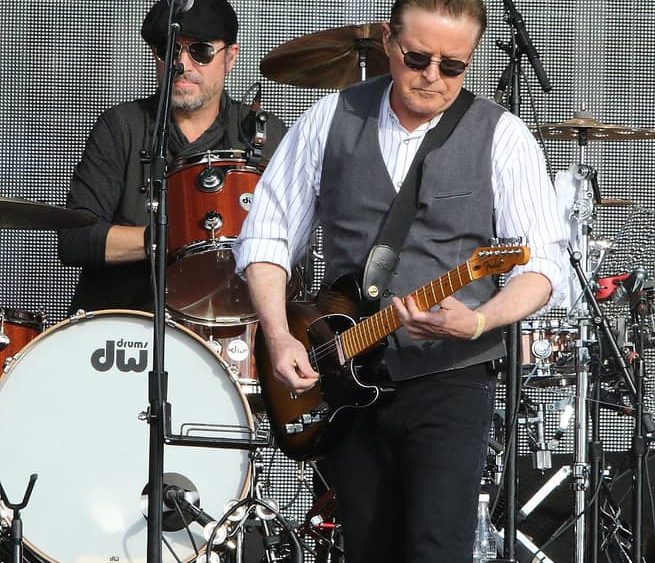
Don Felder turns 73 today. He came up with the song Hotel California which ended up being the title track of the album that went up to #1. Glenn Freyand Don Henley helped out. When guitarist Don Felder presented the initial demo for "Hotel California" to Don Henley and Glenn Frey, it was given the working title "Mexican Reggae." But when the Eagles began recording the song many months later, Felder tells us he'd pretty much forgotten the demo and was working on new solos for it with Joe Walsh. Until Henley walked into the studio, that is. Don Felder talking about Don Henley:
“He says, ‘No, no, no. You gotta do it like the demo,’ ‘cause he had been listening to the demo over and over and over. So I had to call up my housekeeper back in Malibu – we were in Miami in the studio – have her go look through my cassettes and find this cassette that said ‘Mexican Reggae’ on the outside of it, put it in a blaster and play it. She held the phone up to the blaster and we recorded it. And I had to sit down and learn note for note what I just made up on the spot, which turned out to be the solo you pretty much hear on the record right now.”